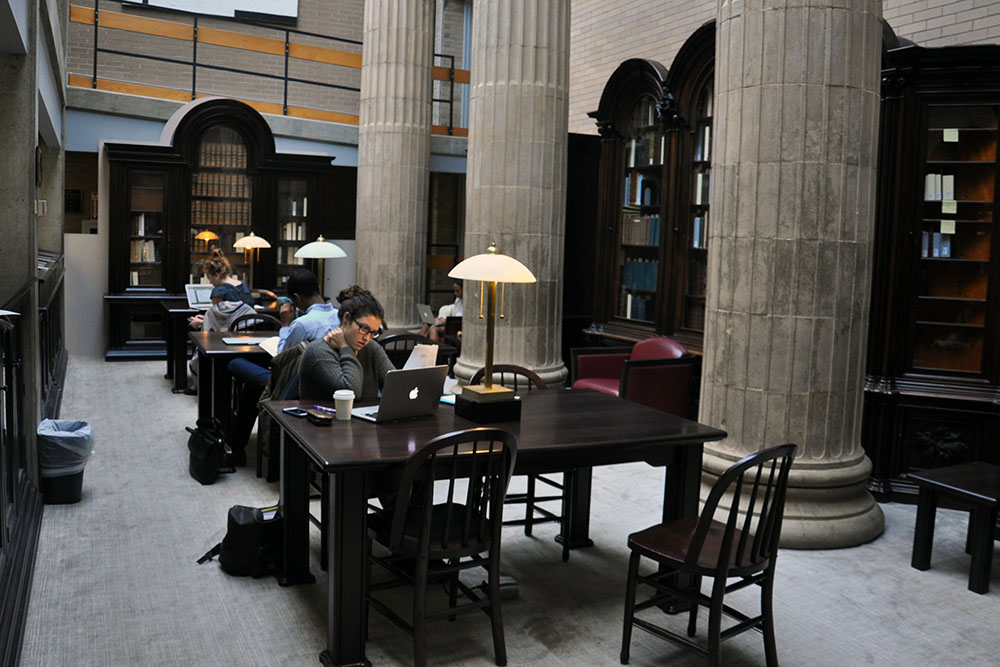Levy Economics Institute Library
The Levy Economics Institute Library contains more than 12,000 volumes covering economics, finance, econometrics, and related subjects. Students also have access, through the Levy Library, to the Connect New York system of interlibrary loans, which makes hundreds of thousands of additional books in academic libraries across New York State automatically available for borrowing. The library also provides access to published articles in virtually every major economic journal through the EconLit, Business Source Premier, and Business and Economics Theory Collection databases. Further coverage of working papers, books, position papers, and articles is provided through subscriptions to the National Bureau of Economic Research and the Social Science Research Network. Additional statistical resources provided by the Levy Economics Institute Library include LexisNexis, the Inter-university Consortium for Political and Social Research, and Historical Statistics of the United States.

